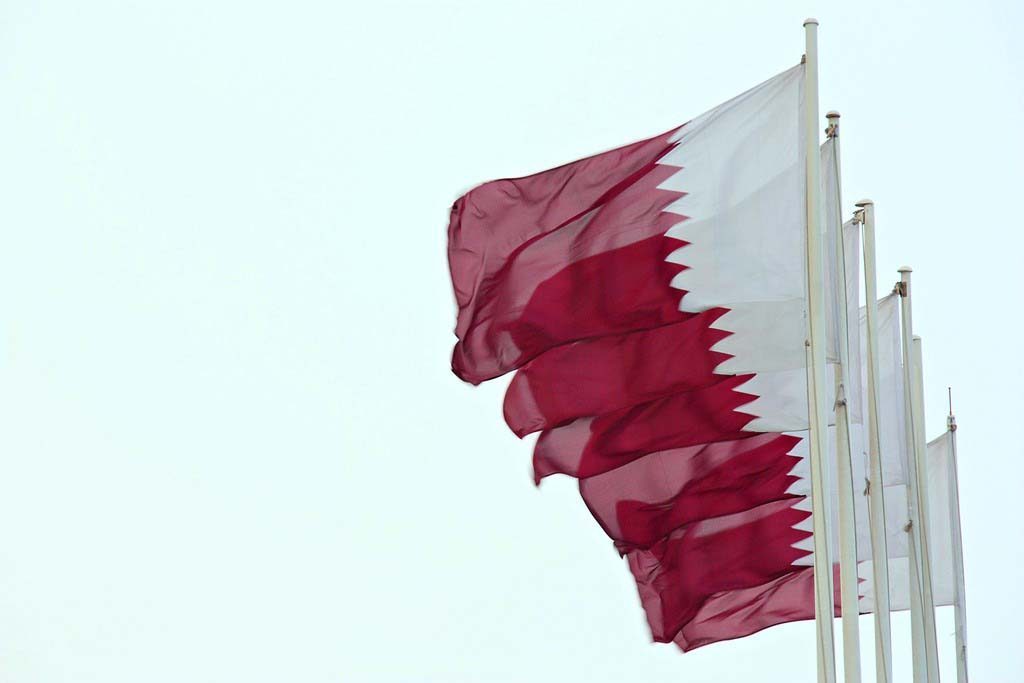Doha has renews its calls for nuke-free Middle East region in a recent UN meeting.
Qatar has reiterated its calls for a nuclear-free Middle East, highlighting the importance of nuclear-free zones in advancing the non-proliferation system and achieving complete nuclear disarmament.
On Wednesday, foreign ministry official Ali Khalfan Al Mansouri attended the Tenth Review Conference of the Parties to the Treaty meeting, which focuses on the region and implementation of the 1995 Middle East Resolution.
Al Mansouri noted that five nuclear-weapon-free zones have been established over the past two decades.
These include the commitment of the signatories not to possess nuclear weapons and to sign comprehensive safeguards agreements with the International Atomic Energy Agency.
These zones have contributed to enhancing stability in the regions where they have been established and have also brought the treaty closer to its ultimate goal of a world free of nuclear weapons, he noted.
However, Al Mansouri expressed Qatar’s regret that the Middle East region remains far from being a nuclear-free region due to Israel’s intransigence. To date, Israel is the only nuclear power in the region and has refused to ratify the Treaty on the Non-Proliferation of Nuclear Weapons (NPT).
The zionist state also refuses to submit its nuclear facilities to the IAEA safeguards system and seeks to obstruct any serious initial negotiations to achieve the goal of establishing the region, the official added.
The official said Israel’s entry into the NPT and its inclusion in the system of safeguards for its nuclear facilities, paves the way for the creation of the zone and will strengthen the treaty’s legitimacy, move it closer to universality, and speed up the achievement of the goal of nuclear disarmament.
He emphasised that the establishment of a Middle East free of nuclear weapons is a shared objective of the people and the entire international community. It is also everyone’s responsibility, under international resolutions and the decisions made at the 1995, 2010, and 2015 review conferences, to ensure this occurs, he said.
“Establishing the region is a collective responsibility imposed by international documents and resolutions, and that the continuation of the current stalemate is a matter that exacerbates the instability in the region, and detracts from the credibility of the treaty and the decisions of its review conferences,” Al Mansouri said.
Al Mansouri expressed the aspirations of Doha that the signatories to the treaty, particularly the nations sponsoring the Middle East resolution reached at the 1995 conference, would translate their responsibilities into taking concrete actions to ensure an early establishment of the zone.
He warned that a delay in establishing a nuke-free zone bears consequences that threaten international and regional peace and security.
Further emphasising the necessity of the United Nations (UN) and the UN Secretary-General being present, he urged the Security Council to support efforts to create the zone as part of its mandate to uphold international peace and security and in accordance with its resolutions, specifically Resolutions 487 (1981) and 687 (1991).







